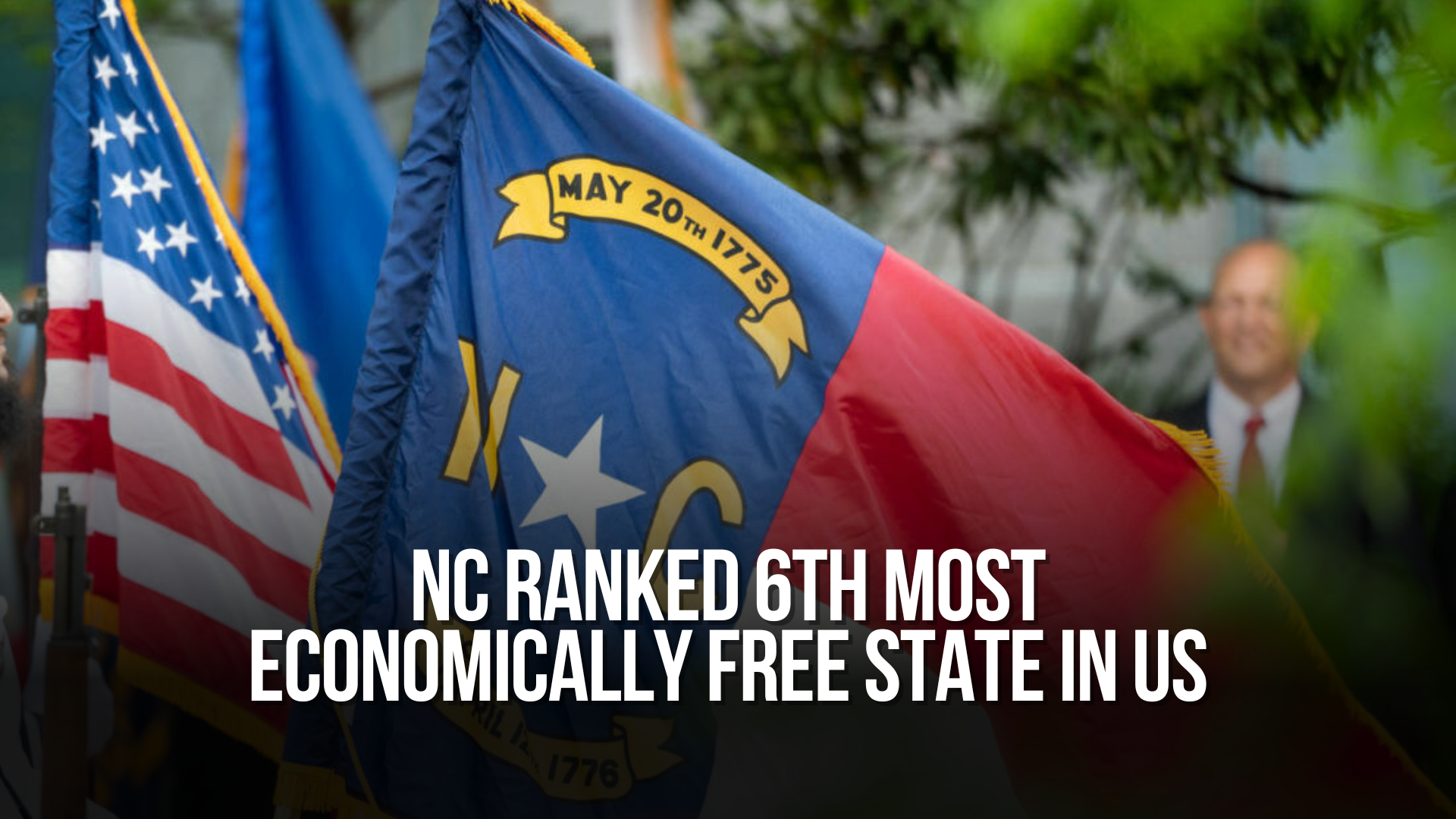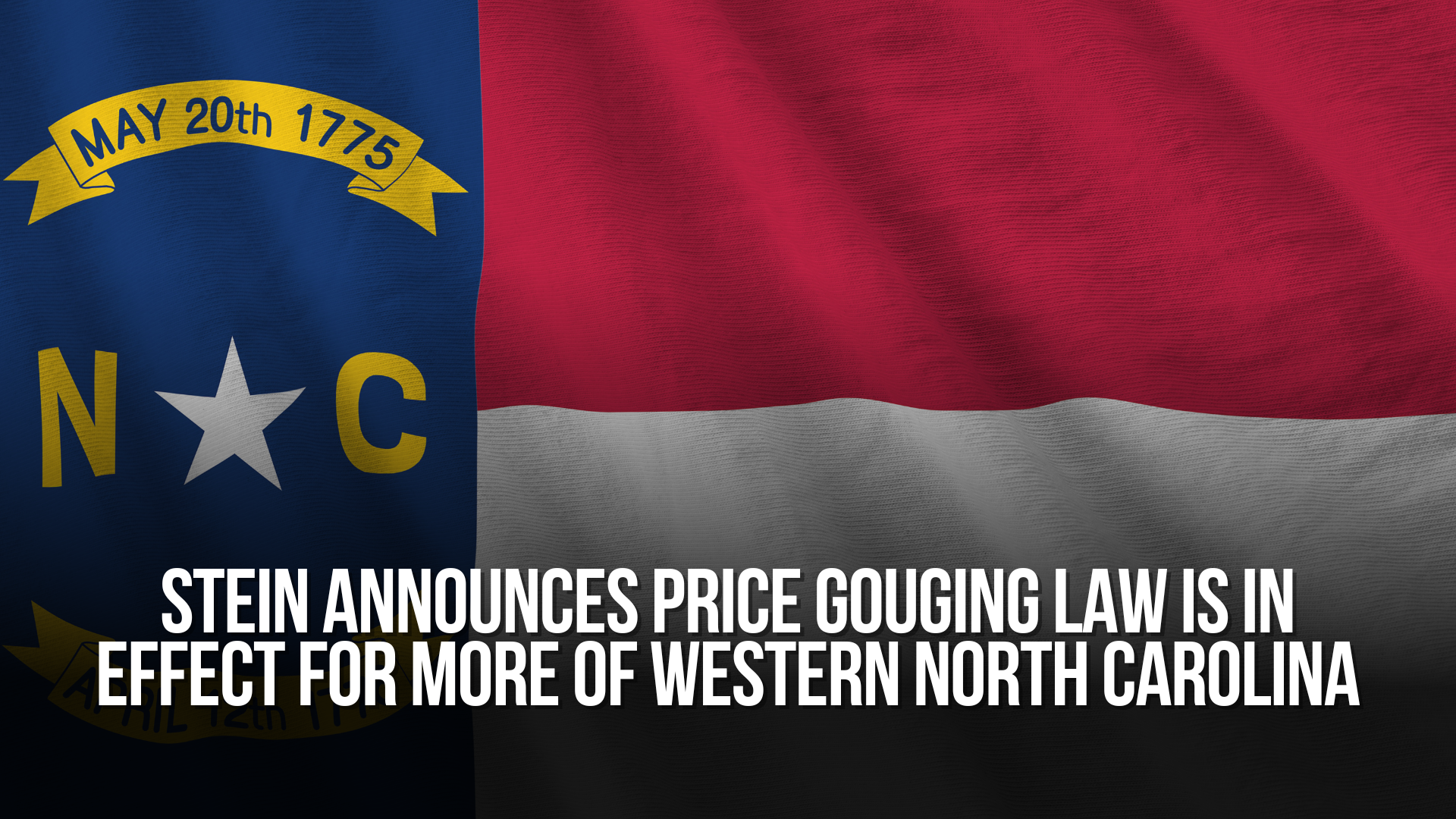John Hood: Inflation remains a potent political issue
RALEIGH — Democrats are puzzled and frustrated. Jobless rates are low, wages are rising, and growth in gross domestic product last quarter was sizzling. Why do voters remain so dissatisfied with the current economy? And why do most of them disapprove of the economic stewardship of President Joe Biden and his Democratic Party?
The answer is inflation. Although prices for most goods and services aren’t growing as rapidly now as they were a year or two ago, they’re still rising.
In High Point University’s most-recent poll, for example, large majorities of North Carolina voters reported that the prices they’re paying for food, fuel, and clothing are higher than in 2022. Most say inflation has affected major household decisions. And most expect prices to continue to rise at or above the current rate over the coming year.
During recessions, unemployment surges. That scares voters, even though the vast majority of working-age people remain employed during the downtown. The higher jobless rate suggests they could lose their jobs. And they worry about family, friends, and neighbors who have been laid off.
With inflation, however, the pain isn’t acute for some and notional for most. Rising prices reduce the real incomes of most individuals and families. The pain is widely endured — and politically lasting. We saw that in the 1970s and 1980s, when the issue remained potent even during lengthy periods of disinflation. And we see it today.
When asked by the High Point University polling unit to rate 21 issues as very important, somewhat important, not very important, or not at all important, 72% of state voters said inflation was “very important.” Only school safety received as high a rating. By comparison, about half gave that rating to such hot-button issues as immigration and abortion. Climate change (44%) and rural development (35%) were at the bottom of the list.
More to the point, Democrats are vulnerable on the issue. When asked which party would do a better job tackling inflation, 40% of North Carolina voters picked the Republicans, 23% picked the Democrats, and the rest saw no difference between the two on the issue. Only on issues related to law enforcement did the GOP enjoy a larger edge. (And only on climate change — one of the electorate’s lowest-ranked concerns — did Democrats enjoy a statistically significant advantage in the HPU poll, which was taken in late October).
During the 2024 election cycle, then, competent Republican campaigns and conservative organizations in North Carolina and beyond will talk a great deal about inflation. Many Democratic campaigns and progressive organizations will try to change the subject to other issues, or focus voter attention on the character traits and leadership qualities of the candidates themselves.
That’s the political angle. As a policy matter, pushing the inflation rate closer to zero — which would raise household incomes and lower borrowing costs for prospective homebuyers — will require bold action.
Inflation consists of too much money chasing too few goods and services. The Federal Reserve has already been curbing the supply of money and credit. As long as the national government is running trillion-dollar budget deficits, however, Washington will be adding fuel to the inflation fire. I’ve long advocated not just spending restraint and entitlement reforms but the addition of a properly designed balanced-budget amendment to the federal constitution. If candidates for federal office are unwilling to make specific promises along these lines, voters shouldn’t put such unserious people in serious jobs.
On the other side of the equation, federal, state, and even local policymakers can take steps to boost the supply of goods and services. Congress can get rid of federal laws, rules, and agencies that obstruct investments in manufacturing and energy production. State reformers can make it easier for their residents to enter new occupations and create new businesses. Local officials can change zoning codes to allow the construction of more houses and apartments.
North Carolinians want their leaders to make inflation a priority. They’re right. Listen to them.
John Hood is a John Locke Foundation board member. His latest books, Mountain Folk and Forest Folk, combine epic fantasy with early American history (FolkloreCycle.com).
Are you tired of being bombarded by paywalls and pop-up ads when trying to read the news? Do you believe that access to reliable political news should be free and accessible to everyone? Then we urge you to support NC Political News, a weekly electronic political news outlet.
NC Political News is committed to providing high-quality, unbiased political reporting with columnists from all political sides. Unlike other news outlets, NC Political News is free to read and supported by businesses who purchase ad space on our website and in our newsletter, which goes out Monday through Friday at 7:00 am. This means that readers like you can access the news without being asked to pay a cent or dealing with frustrating advertisements.
However, to continue providing this valuable service, NC Political News needs your support. If you believe in the importance of accessible, free news, we urge you to click the image below. Any amount of support is appreciated.
Together, we can keep the news free and help ensure our state stays informed and connected.




